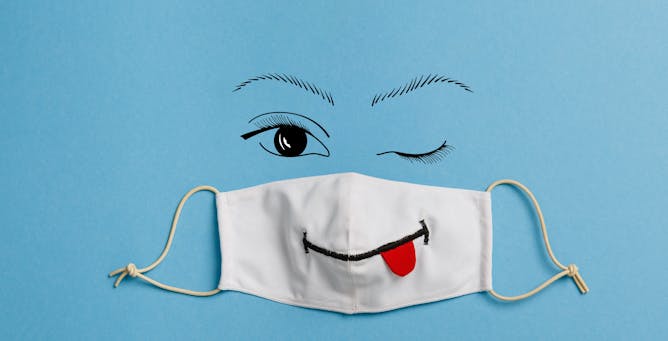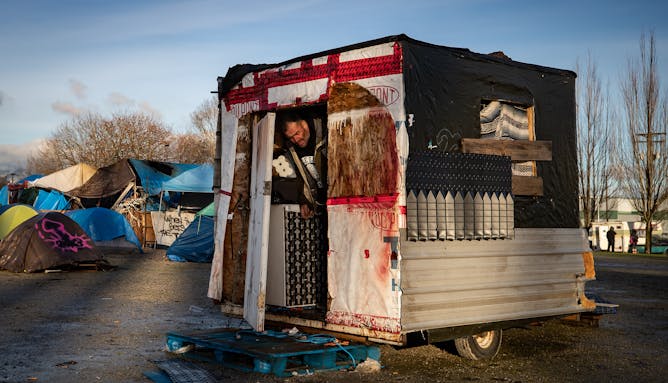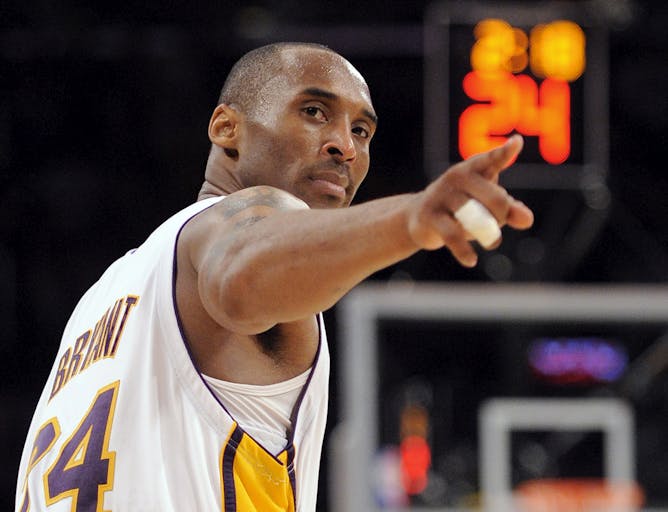|
Is your daily pandemic walks beginning to feel like a grim march? Any drill-sargeant outings with children where you are aware of yourself resembling Captain Von Trapp with his whistle in the Sound of Music (if only one’s children were so responsive to whistles)? I was heartened to chat with neighbours (socially distanced across a boulevard mounded with snow) and hear that my household isn’t the only one looking for ways to find a spark in the routines that we loved in summer.
Today in The Conversation Canada, two creative arts therapists, Heather McLaughlin and Bonnie Harnden of Concordia University, suggest that considering our own “connection needs” this winter may help us find the energy needed to weather the many emotions and phases of this pandemic, while also thinking about our families and people in our communites. They suggest that shifting our intentions might be the beginning of being more mindful about bringing playfulness, humour and creativity into daily life.
Also today:
And ICYMI:
Regards,
|

Tiny moments of playful connection can invite feelings of gratitude.
(Shutterstock)
Heather McLaughlin, Concordia University; Bonnie Harnden, Concordia University
Do we need to just endure grumpy pandemic walks? Play therapists offer tips about how to light up the important family and community connections and routines in your life.
|

Supporters of President Donald Trump are confronted by U.S. Capitol Police officers outside the Capitol on Jan. 6, 2021.
AP Photo/Manuel Balce Ceneta)
Ron Stagg, Ryerson University
If the new U.S. administration can show that it's taking action to address widespread grievances, it should be able to move forward from this period of sustained mass protest.
|

While people with certain disabilities are already at higher risk for severe COVID-19, that risk is increased by elements within the health-care system.
(Shutterstock)
Yona Lunsky, University of Toronto
People with disabilities are overlooked for COVID-19 vaccine distribution and triage protocols. We need to make this group a priority and address issues that put them at risk.
|

A man steps out of the trailer he lives in at a homeless encampment at Strathcona Park in Vancouver in December 2020.
THE CANADIAN PRESS/Darryl Dyck
Sirvan Karimi, York University, Canada
Adopting a universal basic income requires a fundamental restructuring of the existing social safety net in Canada, and would not necessarily conquer income inequality and poverty.
|

The beauty of exercise snacks is that they don’t require any equipment, or even a change of clothes.
(Shutterstock)
Scott Lear, Simon Fraser University
Short, 20-second bursts of activity — known as exercise 'snacks' — throughout the day have many benefits, from boosting energy and productivity to improving cardiorespiratory fitness.
|

Kobe Bryant, lors d'un match des Lakers de Los Angeles contre les Orlando Magic, le 7 juin 2009. Il a été un modèle pour toute une génération de jeunes, dont l'auteur de cet article.
(AP Photo/Mark J. Terrill, File)
Dalla Malé Fofana, Bishop's University
« De Kobe Bryant, j’ai toujours admiré le souci du détail, l’envie du dépassement, le sens de l’observation, la culture de l’excellence, le refus de la tricherie », écrit l’auteur, un fan du sportif.
|
Politics
|
-
Jennifer S. Hunt, Australian National University
In the end, Republicans could not convict the former president for inciting the January 6 Capitol riots without implicating themselves.
|
|
COVID-19
|
-
Ahmed Kalebi, University of Nairobi
Even those that live in areas where the population has already been vaccinated would not be totally protected if the virus mutates elsewhere.
|
|
Environment + Energy
|
-
Mark Titley, Durham University; Stephen Willis, Durham University
Nearly 700 species of flightless mammal could be barred entry to cooler habitats due to national borders by 2070.
|
|